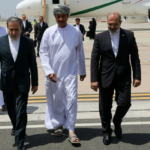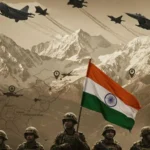Introduction
The Indian Air Force (IAF) has long maintained a strong public image regarding its fleet of French-made Rafale fighter jets. However, recent developments have raised eyebrows and led many analysts to believe that the IAF may have indirectly confirmed the downing of a Rafale. This article explores the top five clues that suggest a shocking twist in India’s defense narrative.
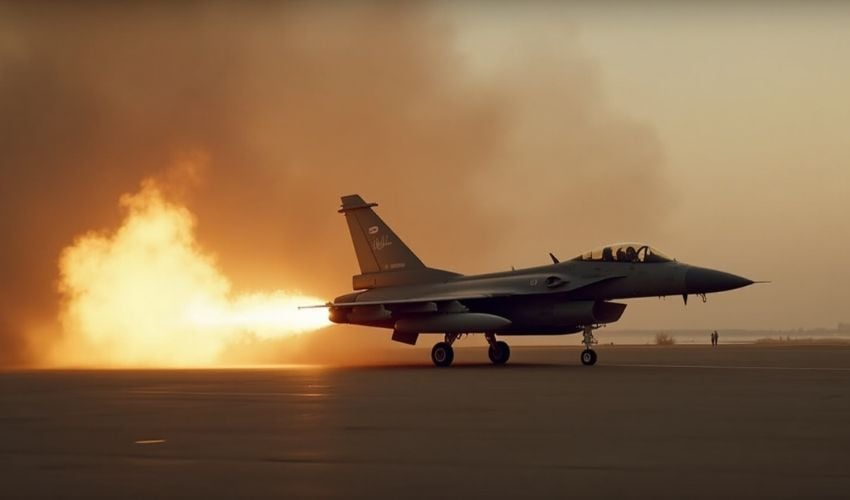
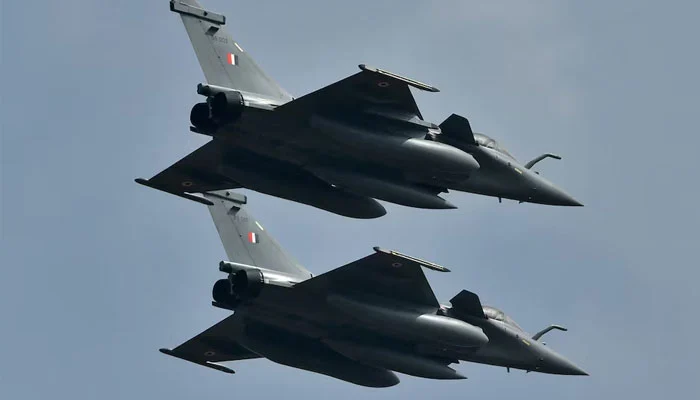
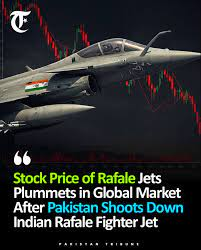
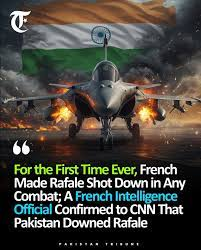
1. Omission in Official Reports
One of the strongest indicators is the sudden omission of a Rafale from official IAF fleet strength reports. The IAF has maintained precise counts of its active aircraft, but recent disclosures to Parliament and defense committees show a discrepancy. While not directly acknowledged, such omissions are often a subtle way to admit operational losses without drawing media attention.
2. Lack of Media Access and Imagery
Unlike previous high-profile aircraft incidents that featured swift press releases and site images, the supposed Rafale incident was curiously devoid of media access. No photographs, no wreckage footage, and no statements from senior officials—this silence suggests an event too sensitive for public consumption, possibly due to strategic or diplomatic fallout.
3. Pilot Transfer Patterns
Analysts have noted sudden personnel transfers involving Rafale-trained pilots, particularly one squadron based in Ambala. These transfers often follow high-stress events or cover-ups. One senior pilot was reassigned to a non-flying role just weeks after an unexplained operational exercise in contested airspace.
4. Indirect Language in Air Chief’s Statement
In a recent address, the Indian Air Chief stated, “Every platform has its own risks, and even the most modern aircraft are not immune to ground realities.” Though vague, this could be interpreted as an indirect admission that even the advanced Rafale faced defeat—possibly by a Pakistani air defense system or in a technical failure during an engagement.
5. Leaked Satellite Imagery
Open-source intelligence (OSINT) forums have circulated satellite images suggesting crash-site activity in a region of Jammu & Kashmir. While Indian officials deny any such event, the sudden deployment of recovery teams and radar silence during the same window lends credibility to the theory of a downed Rafale.
Conclusion
While no official statement confirms the downing of a Rafale jet, the circumstantial evidence paints a compelling picture. If true, this would mark a significant event in India’s military aviation history—one with implications for national defense transparency, public accountability, and regional deterrence.
Keep following for deeper coverage on India-Pakistan military engagements and updates on South Asia’s defense posture.


